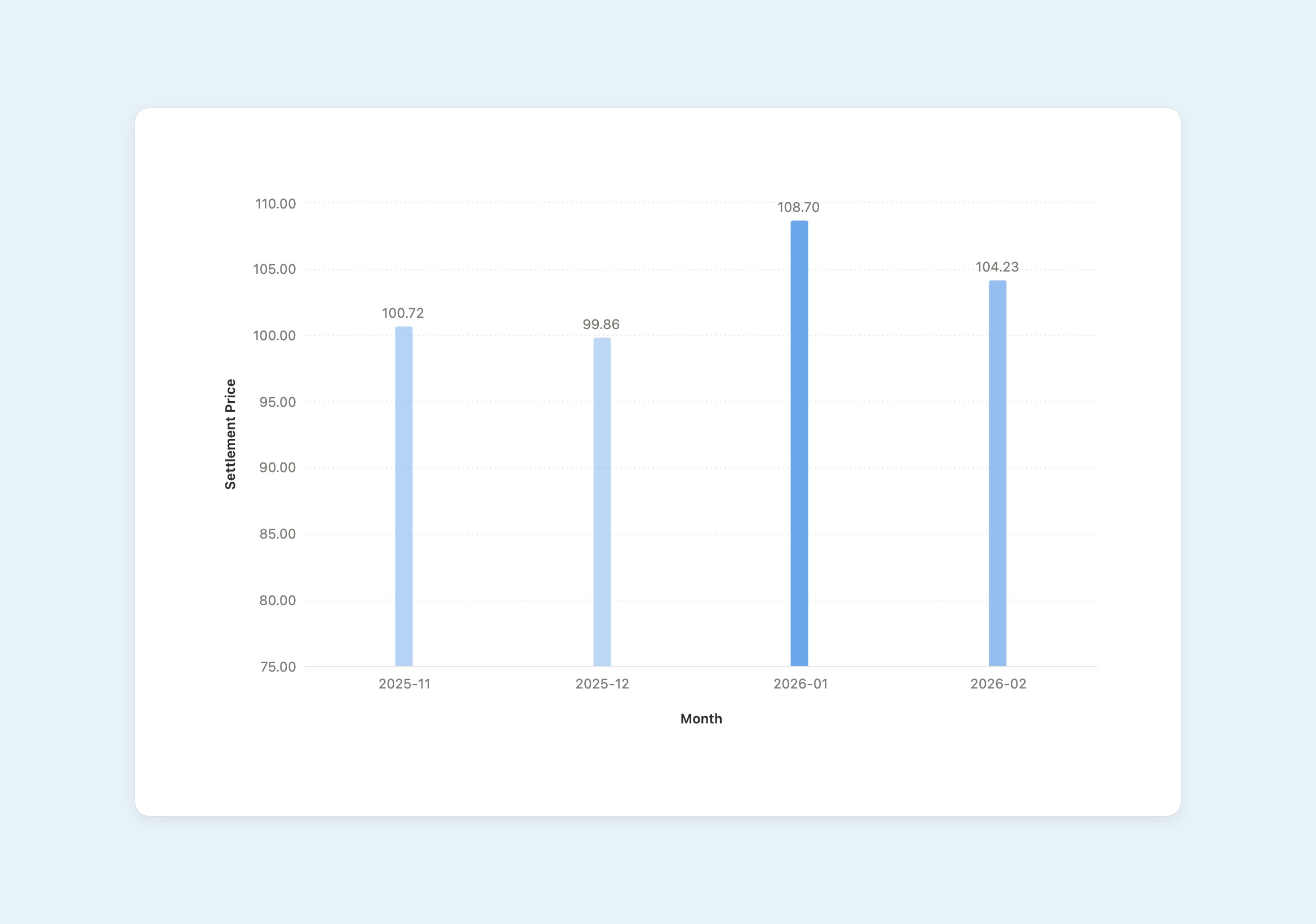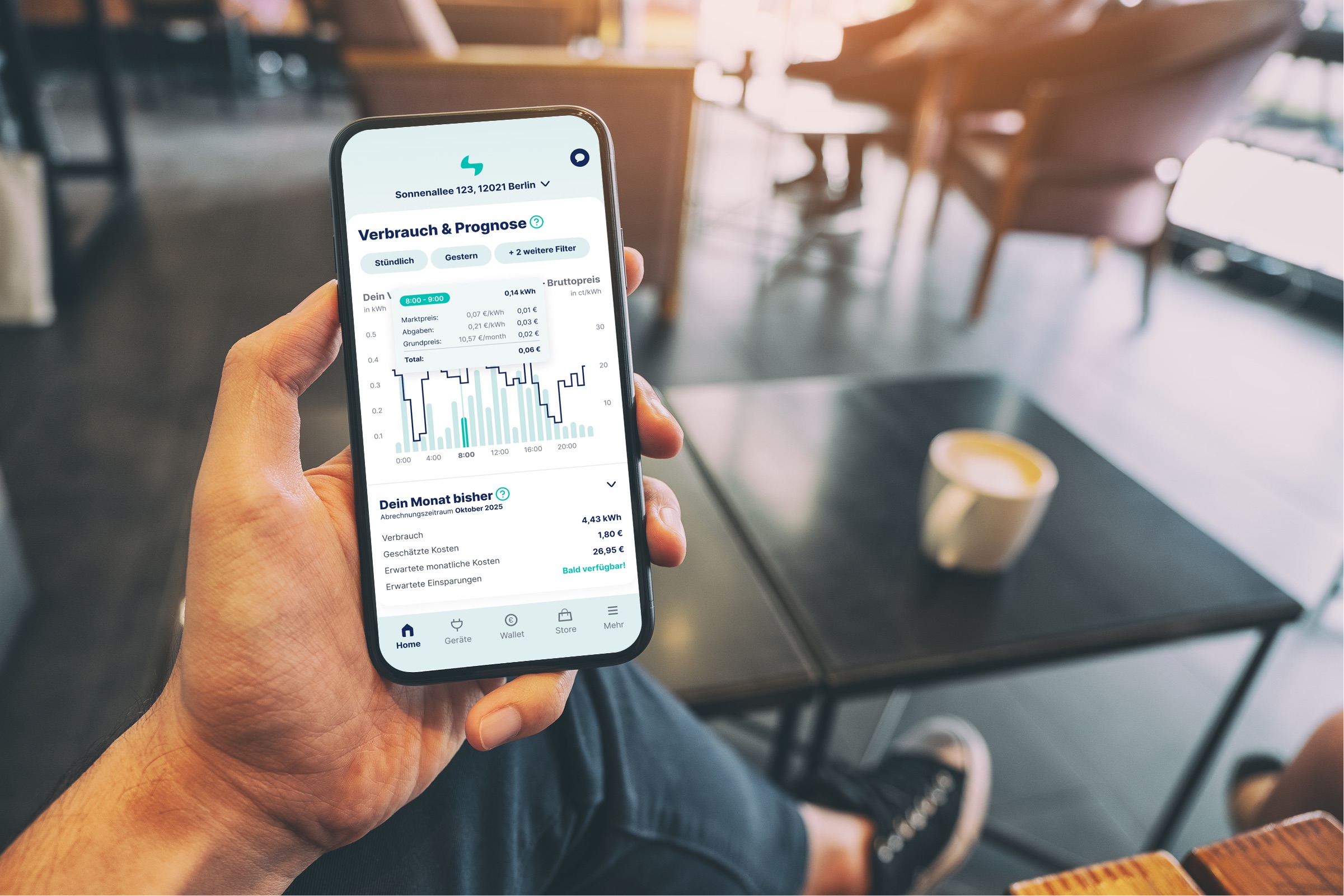Energy
Part 10: 10 Energy Saving Tips for Winter
By
Team Ostrom
10.10.2022

3
Min.

Are you looking for ways to save energy and lower your heating bills this winter? Look no further! We've compiled a list of 10 energy-saving tips to help you stay warm and save money during the colder months. From sealing drafts to using energy-efficient light bulbs, these simple strategies can make a big difference in your energy consumption and bottom line.
- Set your thermostat to the lowest comfortable temperature. Every degree you lower the thermostat can save up to 3% on your heating bill.
- Use a programmable thermostat to automatically adjust the temperature when you're not home or when you're sleeping.
- Keep the heat in by sealing any drafts around windows and doors with weatherstripping or caulk.
- Insulate your home to keep the heat in and the cold out. This can include adding insulation to your attic, walls, and floors.
- Use heavy curtains or blinds to keep the cold out and the heat in.
- Set your ceiling fans to rotate clockwise, which will push the warm air down into the room.
- Only use the fireplace when necessary and make sure the damper is closed when it's not in use to prevent heat from escaping.
- Use draft stoppers on doors to keep the cold out and the heat in.
- Unplug electronics when they're not in use, as they can still draw power and contribute to your energy bill.
- Use energy-efficient light bulbs to save on energy costs. LED bulbs are a good choice, as they use up to 80% less energy than traditional incandescent bulbs and last longer.
By following these energy-saving tips, you can stay warm and comfortable this winter while also reducing your energy use and costs. Don't forget to use a programmable thermostat and insulation to keep the heat in, and seal drafts around windows and doors to prevent heat loss. And remember to turn off electronics when they're not in use and use energy-efficient light bulbs to save even more. With a little effort, you can make a big impact on your energy consumption and wallet.














.avif)